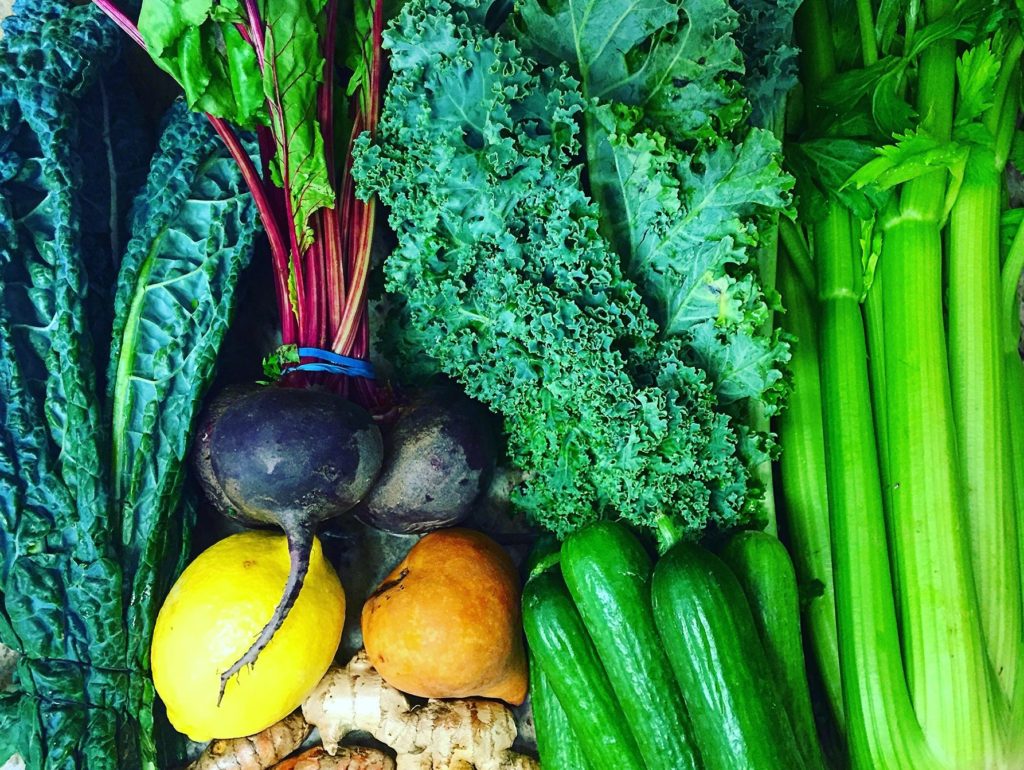Have you ever sat down and really thought about the role good nutrition plays during pregnancy and while breastfeeding? The growth of your baby in utero will influence the rest of his or her life. The focus on your nutrition is not only vital for your expected baby but will also help provide the extra energy needed for you and baby to make it to delivery day as healthy as possible.

The good news for you is that a healthy diet will let you feel great decreasing the odds that you’ll experience pregnancy complications such as anemia, gestational diabetes and preeclampsia. Wholesome food selections may also help to lessen the unwanted symptoms of pregnancy such as morning sickness, fatigue and constipation. It can help alleviate mood swings, make you less likely to go into preterm labor and improve your odds of a timely labor and delivery. Your well-nourished postpartum body will have fewer pounds to shed and your recovery will be smoother and shorter thanks to the nutritional choices you indulged in!
By simply indulging in sensible, nutrient-enriched and well-balanced meals, you and your baby will thrive from day one of your pregnancy. Gathering the facts, making key nutritional decisions and understanding some of the basics is empowering. You will also most likely need to increase calories, protein, carbohydrates, iron, calcium, and folic acid. Get ready for your new exciting and healthy eating plan.

So how much weight should you gain? According to the latest information given to pregnant women at the Medical University of South Carolina (MUSC) Health Women’s Services in Charleston, South Carolina, if your weight is in the normal range you will see an increase of roughly 25 pounds. If you are overweight you would like to see a gain of around 15-25 pounds. If you are underweight you will be looking at an increase of about 28-40 pounds. Your weight should increase slowly with the majority of weight gain accruing in the third trimester.

Discussing what is an appropriate weight gain is an excellent topic of conversation to have with your health care team at your first prenatal visit around Week 8! You may want to ask for suggestions on how to incorporate a variety of foods in your diet that will help your baby grow. If you have any specific dietary needs or concerns, make sure to ask for a referral for an OB nutritionist.
PS…Did you know that you need only an additional 300 calories a day during at least the last six months of your pregnancy to nurture your baby nutritionally? You can hit that magic 300 caloric intake marker easily by simply adding just one or two healthy snacks at some point during your day. Snack tip 101: 15 dark chocolate dipped almonds is 147 calories…you’re welcome!